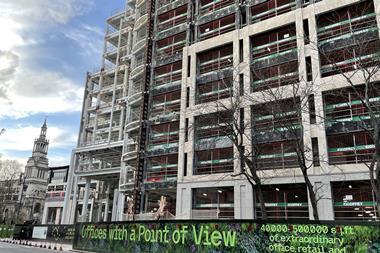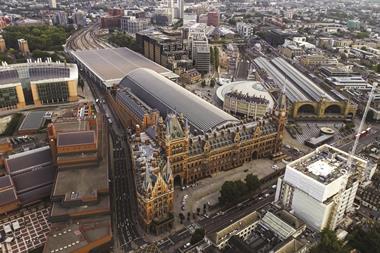I was born in late 1971, so while my memory of coming back from nursery to a dark home is somewhat hazy, I do just about recall it. We had hyper-inflation, a worldwide oil crisis and an unwinnable war against those evil commies. Sound familiar?

Yes, there’s been much talk of the UK returning to the candle-lit evenings in recent weeks, but how likely is it that we will return to the dark ages? Well, not very is my hunch.
I just about remember my parents racing around town in search of candles – a rare and valuable commodity back in the ‘70s – when blackouts hit. Despite being only two or three, I do vividly remember the smell in the butchers as they fashioned makeshift flambeaus from a length of string and lard. It was grim.
But the blackouts were not all down to the cost of oil by any means. A UK plc dominated and held back by fervent union leaders had a great deal more to do with it, as strikes led to power cuts. Electricity was effectively rationed.
Earlier this week, an enlightening report from JP Morgan reminded us of just how tough it got for our leading property companies at the time. At the height of the crisis in 1974, British Land was pretty gloomy about it all. In a message to investors, it said the rising burden of interest costs was being borne with “acute severity on a company like British Land, as its portfolio consists primarily of freeholds and long leaseholds without review”.
A year into the blackouts, inflation had rocketed to 24% and British Land was even more downbeat. “The past 12 months have seen some of the worst conditions experienced by most of us,” it reported.
Then, in 1976, interest rates were getting on British Land’s candle wick, as it told the market that “even with attractive returns, in the range of 9% to 11% on successful developments, they cannot be retained if the mortgage rate is around 17%”.
Indeed, it wasn’t until 1977 that British Land had anything positive to say about the decade, when it said “a reduction in debt, extension of maturities and an improving outlook for property values at home and abroad means it’s possible to view the future with restrained confidence”.
So, will British Land, or today’s other big real estate players, be issuing similarly depressing updates in the next few months or years? No, I don’t believe they will.
I don’t often say this, but I agree with JP Morgan on this one. While British Land’s reports from the 1970s offer insight into the challenges faced back then, our property and financial landscape is vastly different today.
Corporate debt may get more expensive, but there is liquidity in the market, and plenty of headroom to raise rental income on prime office space and those sectors in high demand such as logistics and build to rent.
However, it’s not going to be plain sailing for everyone. Retail has been struggling for years, and when people are paying £100 to fill up their car and food prices soar then discretionary spending is almost certain to fall.
As interest rates edge up, seemingly month on month, the housing market is also likely to cool. It won’t burst, but growth will slow.
So, for the property market at least – not so much for the millions now being forced to choose between heating and eating – the spectre of a return to the 1970s is likely only to involve a fancy-dress party.
Tank tops, flares and Babycham all round. Although mine’s a pint of Watneys please.






























No comments yet